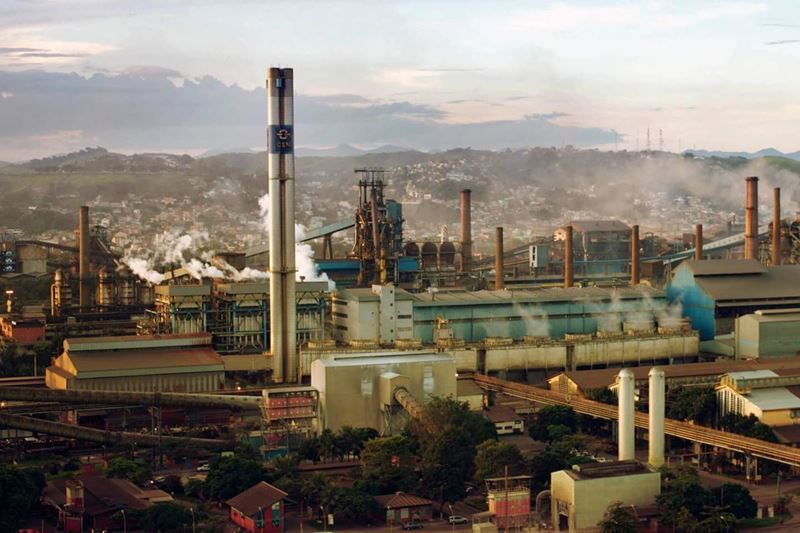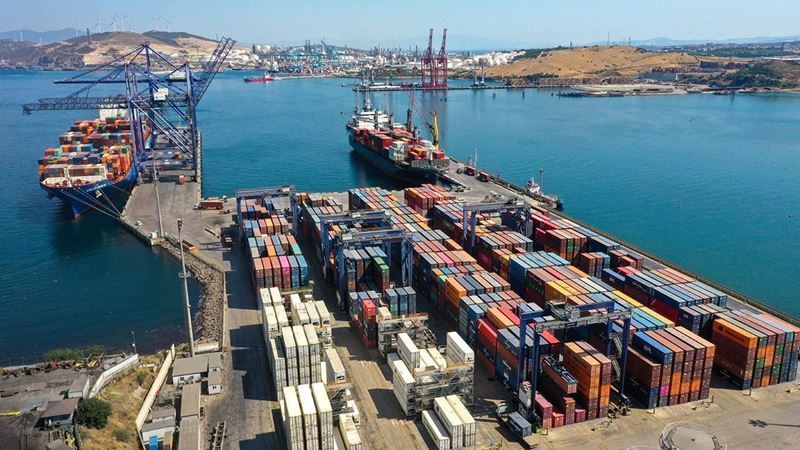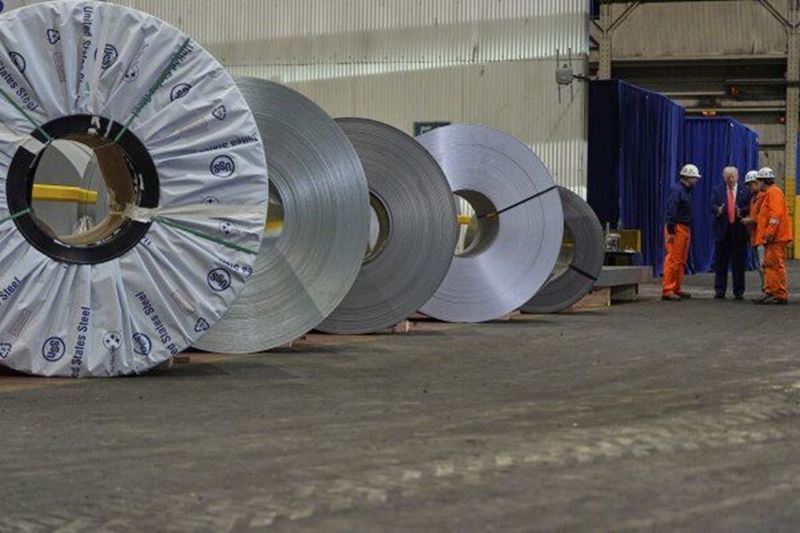One of the biggest challenges facing the steel sector—grid fees—has increased by 130% following the end of government subsidies, seriously weakening companies’ international competitiveness. Kerstin Maria Rippel, General Manager of the German Steel Industry Association, emphasized that the recent regulation, valid for only one year, does not provide the sector with long-term planning security.
Rippel stated, “We need a reliable and long-term reduction in grid fees. This needs to be addressed urgently. Annual individual decisions mean yearly uncertainty about whether there will be extensions and what the outcomes will be. This negatively affects competitiveness and investment at a time when the sector is facing deadlock while also investing billions of dollars to transition to climate neutrality.”
The reduction in grid fees announced for 2026 will give energy-intensive companies some breathing room. However, it is already clear that network expansion costs will continue to rise. Rippel warned, “Without a reliable mechanism, electricity costs are at risk of rising significantly in the coming years—this continues to pose an obvious and ongoing locational disadvantage, threatening Germany’s industrial infrastructure.”
“Even today, every month without subsidies means over €20 million in additional costs for the steel industry,” the association head explained. For this reason, the German Steel Federation advocates that the aid be implemented this year. Rippel criticized, “The coalition agreement foresees an immediate reduction in grid fees; the corresponding funds are available in the Climate and Transformation Fund. Therefore, we do not understand why a temporary aid plan was not prepared for 2025. The federal government must now set a course for a structural and permanent reduction in grid fees. Anything less risks our industrial infrastructure and endangers the transition to climate neutrality.”










Comments
No comment yet.